
On Voice, Autism, and Parrot-Ear
“How did you manage to capture that voice?” beta readers would ask. “How did you know to describe those particular feelings?” I was starting to have a few self-revelations about that.

“How did you manage to capture that voice?” beta readers would ask. “How did you know to describe those particular feelings?” I was starting to have a few self-revelations about that.

Speculative fiction is work that focuses on difference, work that immerses us in it. But the choices we make when building a fictional world can reflect on the world that we live in now. So how do we worldbuild with disability in mind?
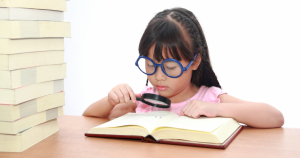
A thorough overview of common autism tropes that mirror and reinforce real-life stereotypes, with links to news stories, research, book reviews or commentary, and blog posts describing relevant real-world experiences.
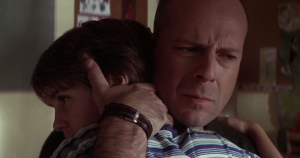
Autistic people learn, change, and cope like anyone else. However, when a character is autistic, many authors appear to see only one route for character growth: effectively making the character less autistic.

My name is Philip and I write to communicate. Authors who write about us should first learn from us; in their stories, they should present us as whole characters with interests and personalities.

An exceptionalist narrative might, at first glance, seem like a positive or even empowering one. But, as it always goes when it comes to depictions of disability, the situation is much more complicated than that-

The “autism voice”—characterized by narrative devices and a detached character voice—tends to portray autistic characters as unworldly, hyper-rational blank slates defined purely by a series of unusual behaviors.
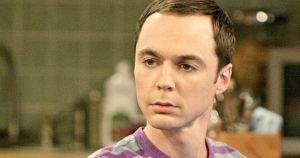
When creators render a character into their world wearing an entire suit of autistic behaviors, reactions, and needs, dodging responsibility by denying the autism label only serves to hurt the population they’re representing.
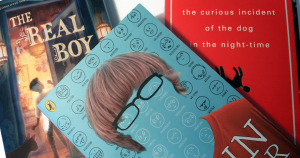
Here is a key insight to creating realistic autistic characters: We do not do the visibly autistic things we do because of “autism,” full stop. Like non-autistic people, we are responding to our experiences of the world. Those experiences simply differ from those of non-autistic people.
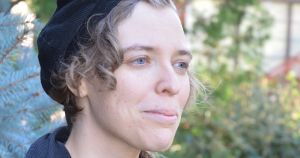
Being autistic and also belonging to another minority might be one marginalization too many to sell children’s fiction informed by one’s own experience to a mainstream press, and that is a very sad thought.